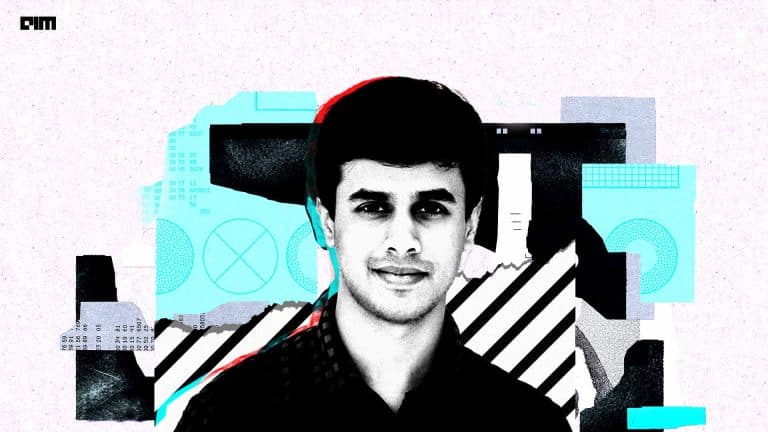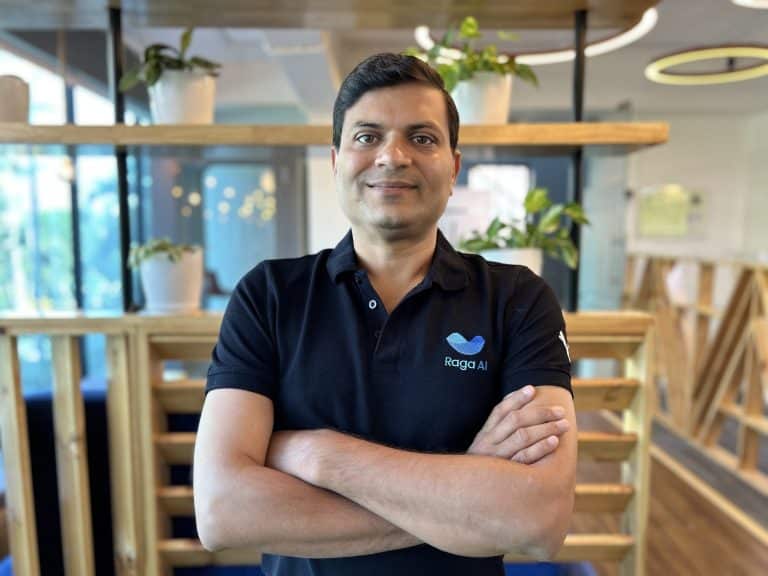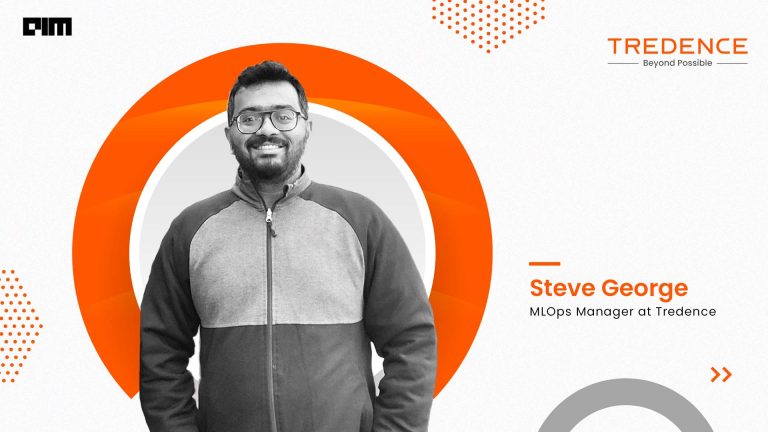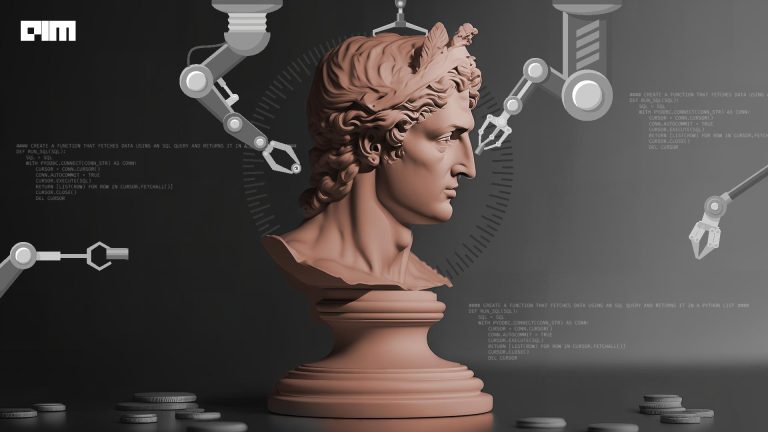
AI In The Law Industry Today
AI has not been a complete alien to the legal professionals. It has been playing a growing role in the industry in recent years, but this has primarily been in the background doing e-discovery type work that involves trawling through large numbers of past cases to find relevant precedents. They are involved with automating divorces, review documents and legal research and to help check thorough facts of the clients involved.
Predicting Legal Outcomes
Apart from the other powers that AI has in the legal industry, it also has the potential to analyse the available legal data and make predictions of the legal outcomes out of it, even better than humans can. Apart from predictive analysis, can also be of help in the areas of legal research, self-help and cybersecurity.
It can be deployed to occasions when clients ask lawyers about how likely it is for a person to win if he goes for a trial and would the outcome be beneficial if a person opts to settle the case or not. Such uncertainty is difficult to deal with because of the involvement of a number of variables such as witnesses, proofs, evic=dense, judge. A platform called Lex Machina uses large volumes of litigation information for the understanding of the workings of judges, lawyers, parties and the cases, and help make decisions wisely. Another such platform is called Premonition AI which provides the track record of judges and lawyers to ensure that both the parties have choices based on empirical insights.
There have also been technologies to help lawyers find cases and material related to them using NLP, allowing researchers to ask questions in English and further examining the database to provide answers and readings from leading cases. Another way in which AI helps in dealing in this regard is fact-checking, which is very important and difficult, in this realm of legal issues, because of which many face injustice. OpenText is one such AI platform that uses analytics and ML to help check facts from the available data. There have also been chatbots, such as Lawbot and DoNotPay, deployed for people to answer their queries regarding legal terms and also to file for compensation for delayed flights. These come as very convenient ways to help with the general public, without having to directly consult law professionals.
Kira is an AI-powered platform designed to identify and analyse data by extracting information like clauses and concepts from contracts, letting the user analyse trends and patterns between documents. Ravn is another such AI platform that helps in organising, analysing and summarising documents, with the aim of allowing organisations to increase efficiency and productivity while reducing risk.
What Is Being Done In India?
India judiciary is one of the biggest. There are over 24 high courts and more than 600 district courts. And it is surprising to see that the Indian court gets to see about 5 to 8 lakhs of cases being lodged every day. Globally, there is a standard of 20 judges to 1 million people. But India has a huge gap in this case.
Nilutpal Goswami Senior Manager at Capgemini at Cypher 2018 had described his group project that they had done in this regard. They wanted to help the common people be able to get into the legal battle and help them with understanding their likelihood of winning cases.

They had got the data from the High Court of Karnataka. The data features that they dealt with were 58 in number including features like details about the case numbers, details of the case hearing, where exactly it happened, witness details, accused details, material evidence, bail, fine and so on. But this data, according to Goswami, was a lot to handle and was also very inconsistent. To overcome this, they did a feature importing computationally, without getting much into the domain.
The team had used SVM, logistic regression, k-nearest neighbour and random forest for the analysis. They could analyse finally 120 judgement documents and found that SVM provided a better accuracy. They obtained better precision and recall values from SVM and Gradient Boosting and developed the model on IPC 420 cases.
Looking Forward
According to a report by Deloitte, over 100,000 jobs in the legal sector have a high chance of being automated in the next twenty years. AI has a huge influence in many professions and the legal profession is no exception. It provides a thorough way to improve legal efficiencies with the help of AI-embedded tools. That being said, it is unlikely that we will have automated judges and lawyers anytime soon, but the possibility is not unreal, and we shouldn’t be surprised to see such an application being deployed. The same report by Deloitte Insight predicted that 39% of jobs (114,000) in the legal sector stand to be automated in the longer term as the profession feels the impact of more “radical changes.”
It is also important for professionals in the industry to embrace the change with the adoption of AI and understand that it is going to help with enhancing their productivity. It is also important for regulatory frameworks being announced in this regard. With the widespread adoption of AI, India should soon be able to adapt to these technologies and help with its pending cases for a faster justice.

















































































